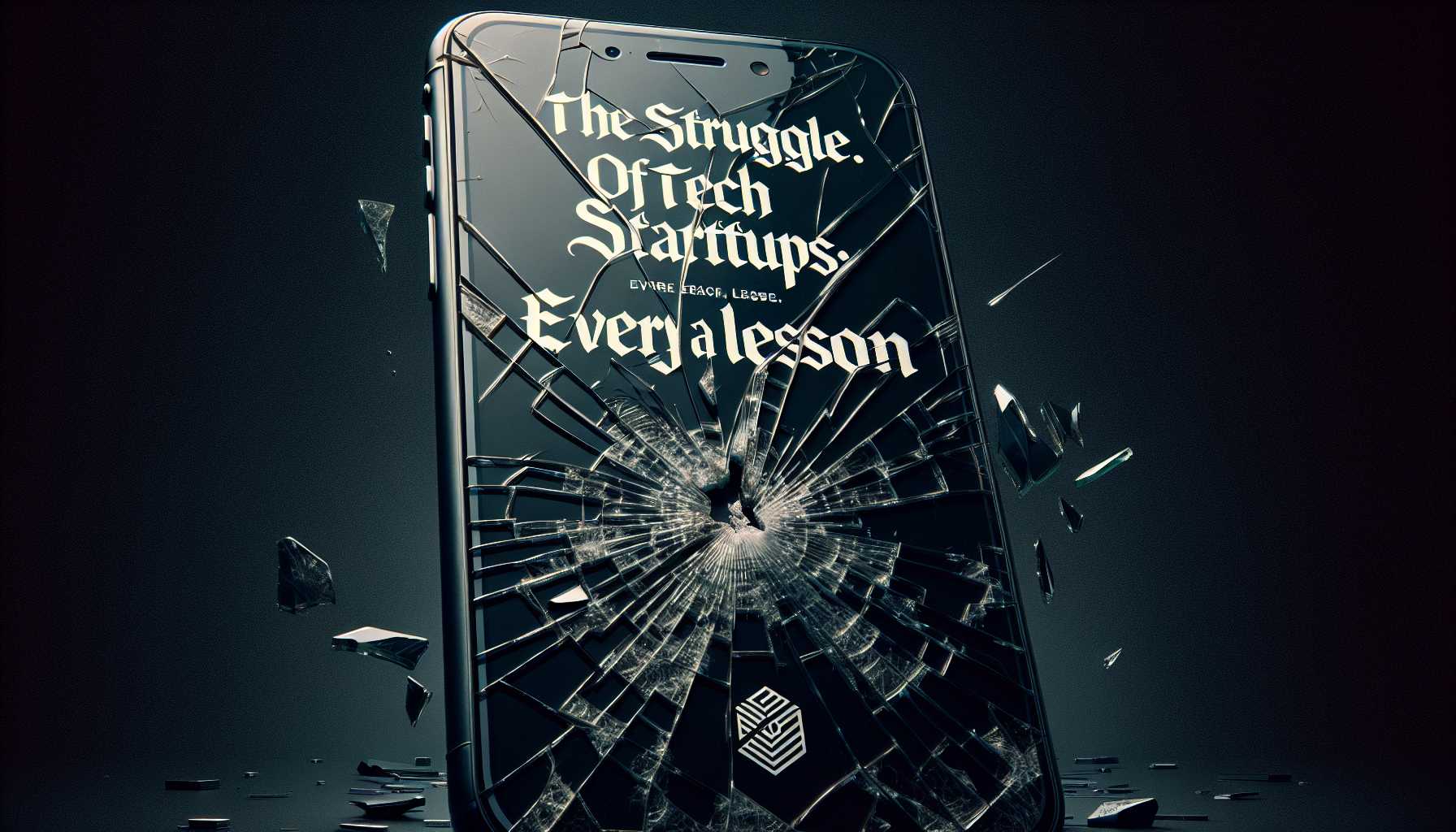In today’s tech-drenched world, data privacy stands at the forefront of many minds
The drama surrounding X (formerly Twitter) and its use of generative AI for Grok training exemplifies the raw crux of this concern. Let’s delve into this thorny issue and some of the ripple effects it has on the tech landscape.
Grok and GDPR: A Compliance Conundrum
Earlier in the week, the European Union’s lead privacy regulator, the Irish Data Protection Commission (DPC), wrapped up a part of its court proceedings related to X’s data practices. But let’s not pop the confetti just yet. EU citizens might still have reasons to be on edge, as the DPC is now sifting through a slew of complaints under the General Data Protection Regulation (GDPR).
For those unfamiliar, the GDPR acts as Europe’s stern guardian of data privacy, and companies processing user data without clear consent often find themselves in hot water. X had initially agreed to halt data processing for Grok AI training earlier this August. They promised to scrub user data gathered between May and August 2024, as TechCrunch revealed. However, there’s a twist: there’s no obligation to delete any AI models already trained on this data.
The Loophole Debate
With AI playing a more prominent role in our digital lives, this loophole is worrisome. Here’s the potential playbook:
- Quietly collect user data.
- Use it to train AI models.
- When regulators catch wind, simply delete the data while keeping the AI models.
It’s a classic case of having your cake and eating it too. The potential penalties? A hefty fine of up to 4% of global annual turnover. For X, which is navigating a revenue drop, this could be a financial sting. Privacy advocates argue this loophole could embolden bad actors. Imagine your personal data feeding an irreverent, potentially inaccurate AI model without your consent. X, dubbed “anti-woke” by Elon Musk, could unleash content ranging from the hilarious to the outrageous.
The Complexity of AI and Privacy Compliance
The AI landscape is still like the Wild West, with regulators gradually turning their attention to these nascent, complex technologies. Data protection laws, crafted before AI’s significant boom, are now facing stress tests. The DPC’s predicament reflects broader confusion among European watchdogs. Can GDPR enforce deletion of AI models trained on unlawfully processed data?
As tech-responsible citizens, we can only hope that clarity emerges sooner rather than later, especially as data protection complaints continue piling up.
X’s Leadership Shuffle: Nick Pickles Bids Farewell
Meanwhile, it’s not just data issues rattling X’s boat; the intriguing departure of X’s head of global affairs, Nick Pickles, caught many by surprise. Pickles spent a decade at the company and witnessed multiple swings, particularly during Musk’s time. With a mix of unrest in Brazil, political ire in the U.K., and scrutiny within the EU, it’s no wonder that even stalwarts like Pickles are reconsidering their roles. As tech enthusiasts, it’s incredible to see the fast-paced and high-pressure dynamics shaping these companies.
OSOM’s Closure: A Sad Tale of High Ambitions
Switching gears to smartphone ventures, we have a bittersweet update: OSOM Products is closing shop. Rising from the ashes of Essential, OSOM had high hopes with its privacy-focused smartphone. But legal woes and a challenging market spelled doom. CEO Jason Keats disclosed their pivot towards AI-powered cameras before ultimately shutting down operations. Their adversity sheds light on how cutthroat the hardware market truly is. Yet, their Privacy Cable showed that innovation thrives, even in struggle. While OSOM shutters its doors, one can only cheer on the spirit of innovation, hoping it finds a new home soon.
Microsoft’s Initiative Against Revenge Porn: A Needed Measure
In a bold move, Microsoft is partnering with StopNCII to curb the proliferation of synthetic nude images and revenge porn on its Bing search engine. As deepfake technology advances, so too does the concern over nonconsensual explicit content. By establishing a digital fingerprint for explicit images, StopNCII collaborates with platforms like Facebook, Instagram, and TikTok to effectively scrub these images off their services. The sheer volume of action taken—268,000 images by the end of August—underscores the severity of this challenge. Google offers its reporting tools, and yet faces criticism for not partnering with StopNCII. Accountability remains a fractured patchwork of state and local legislation in the U.S., and tech giants bear a significant responsibility in leading regulatory compliance and protective measures.
Looking Forward: The Role of Regulations and Innovations
The challenges faced by X, OSOM, and Microsoft highlight an ongoing struggle in the tech industry: balancing innovation with responsibility. Privacy issues and data protection are not just regulatory headaches; they involve real people whose lives could be deeply affected. From navigating existing laws to spearheading ethical practices, tech giants must prioritize users’ rights and safety while fostering innovation. It’s a tightrope walk but one that’s crucial for building trust and long-term success. As we await clearer regulations and measures from global watchdogs, the focus should remain steadfast on ethical AI use and comprehensive data protection—ensuring technology enhances, rather than undermines, our digital futures






